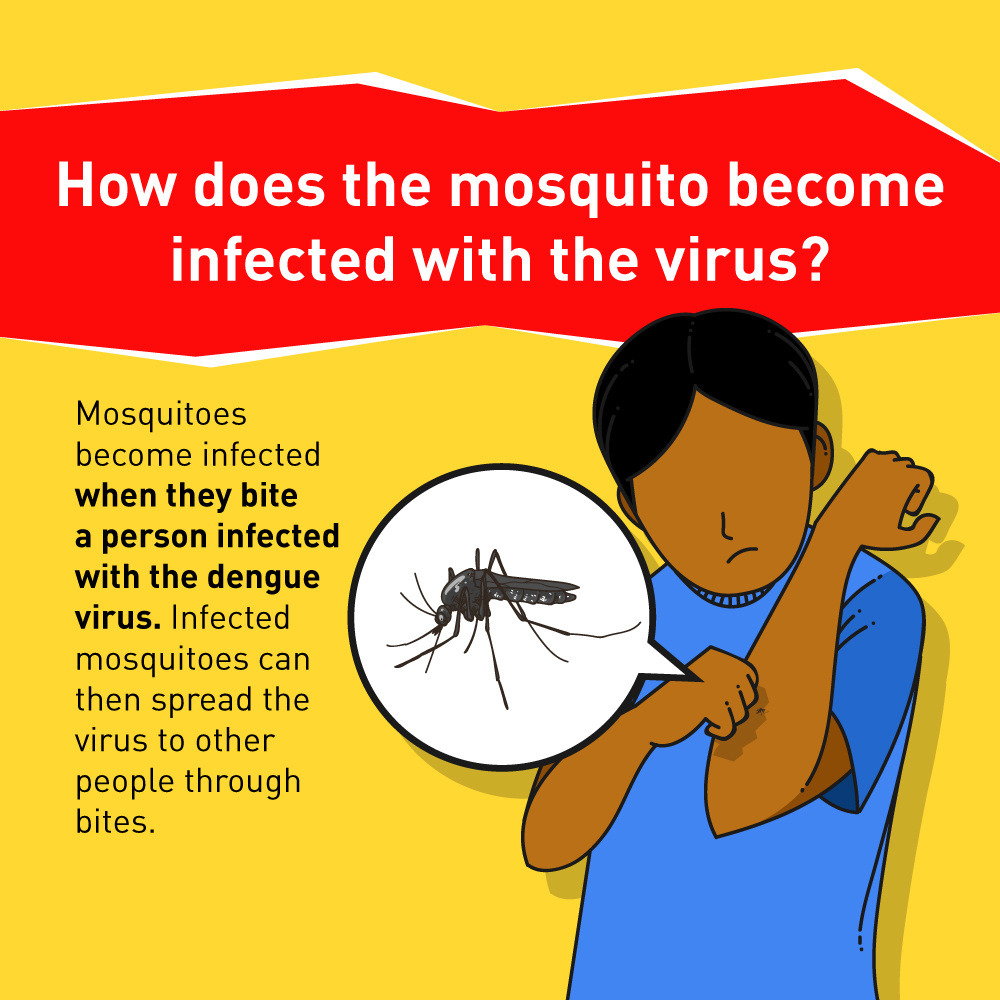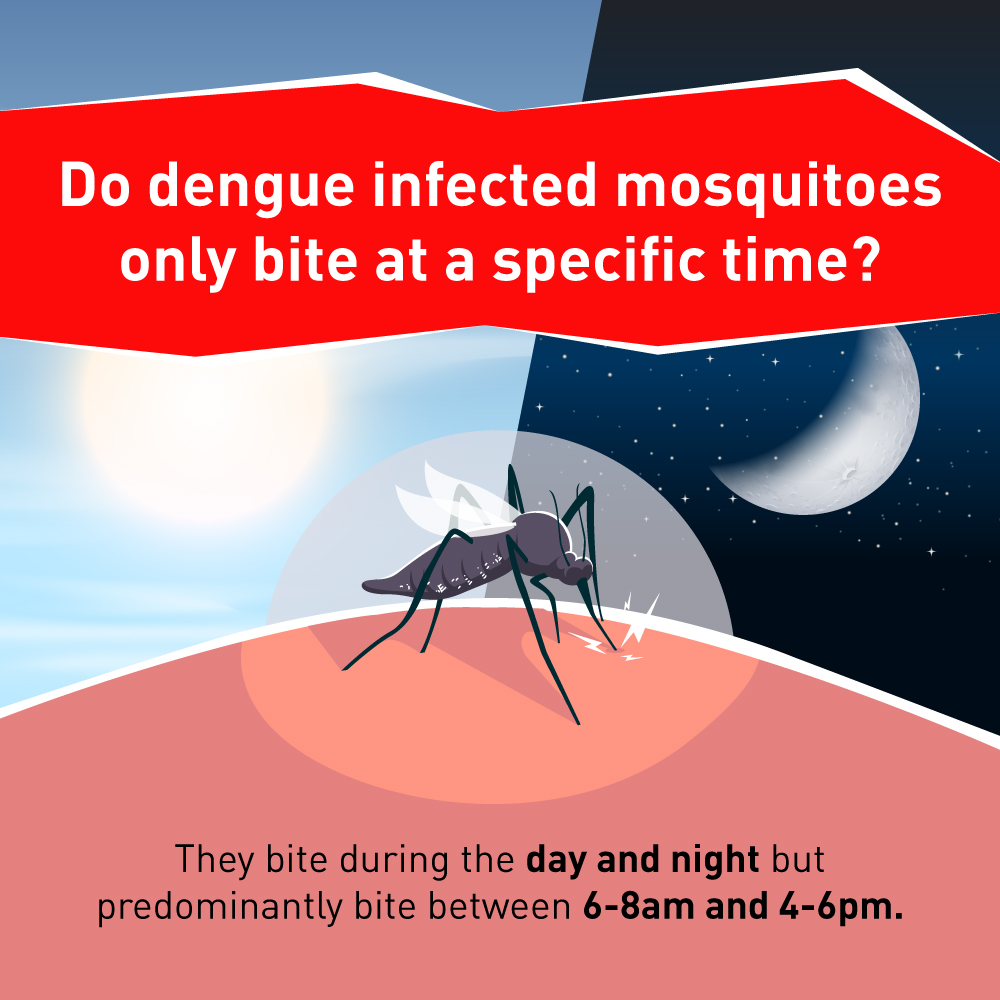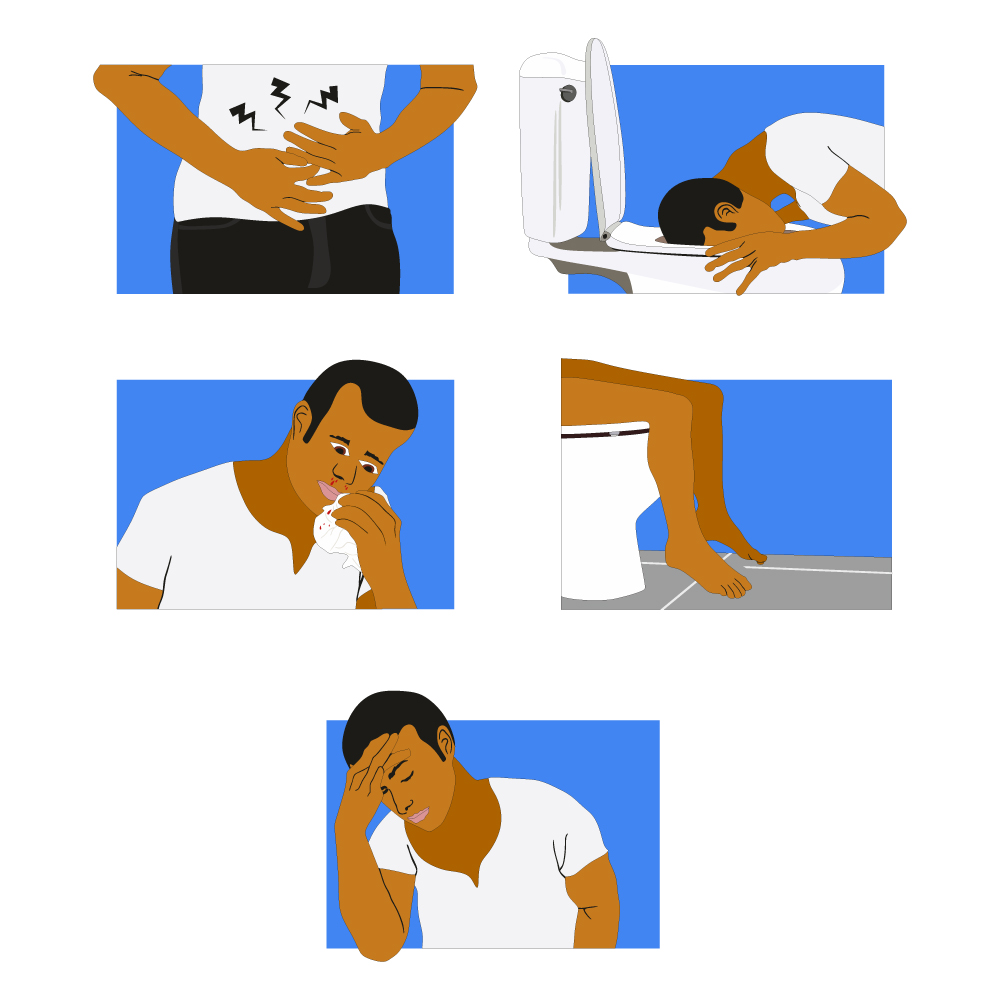Are you part of the Vitamin D Deficiency club?
Do you always get sick? muscles and joints hurt out of nowhere? Uncontrollable hair loss? Get tired easily?
You might have Vitamin D Deficiency.
The Ministry of Health says that 50% of Sri Lanka’s population suffers from vitamin D deficiency. Around 1 billion people worldwide have a vitamin D deficiency, and it’s a global public health concern.
So, what is it? Should you be worried? Let us break it down for you.
What is Vitamin D?
Prepare to be surprised. Vitamin D is not technically a “vitamin”, it’s a prohormone—which means, it’s converted into a hormone by our body. Hormones generally carry out key bodily functions.
Vitamin D is divided into 5 different substances, out of which, the below two are the most important to us.
Vitamin D2: This comes from plants.
Vitamin D3: This comes from animal sources, or our body can produce it when exposed to sunlight. D3 is supposed to be the most impactful one of all the Vitamin D siblings.
Note to reader: Try not to worry about the differences between these two. The point is that you need them both and let’s explore along those lines.
Why do we need Vitamin D?
Vitamin D helps the body absorb and retain calcium and phosphorus—both are needed for bone development and maintenance.
It also affects many other body organs like lungs, skin, cardiovascular system and more. Therefore, it impacts our disease-fighting ability, mood, weight loss journey, etc.
In summary, Vitamin D is essential to function normally as a human being. Having low levels of this nutrient causes Vitamin D Deficiency and it can lead to trouble.
You usually know things are not going well when you start to show the following symptoms.
Vitamin D Deficiency Symptoms
If you relate to any of the below symptoms, we would like to interrupt your intention to self-diagnose and urge you to use this article as a guide and consult a doctor. Hint: With the oDoc app, your doctor is only a few taps away.
Frequent illnesses: Vitamin D plays a huge role in determining how your body handles any form of threats such as viruses.
Unable to sleep well: There are parts in your brain that require Vitamin D to create Melatonin (the ‘sleep hormone’) needed for a good night’s sleep.
Bone and joint aches: Joint pain can lead to so many inconveniences like issues such as rheumatoid arthritis.
Hair loss: Vitamin D is used in the skin by keratinocytes—cells that process keratin, a protein found in your hair, nails and skin. When the body doesn’t have enough vitamin D, keratinocytes in hair follicles have trouble doing their job, which includes hair growth.

Depression or feelings of sadness: There are several findings that link depression and Vitamin D Deficiency under different conditions.
Fatigue: Deficiency of Vitamin D can cause bone and muscle weakness, which can lead to being tired all the time.
Loss of appetite: This is an early sign of vitamin D deficiency.
Slow wound healing: The vitamin D plays a key role in wound healing as it controls growth factors and others that form new tissues.
Fractures: If someone has a fracture, the doctor might test their vitamin D level to cure, depending on the person’s age and health history.
What Causes the Deficiency of Vitamin D?
Like our elders says, ‘you should always ask why?’, The answer to this question varies from person to person but here are a few common reasons:
- Not enough vitamin D in your diet and/or through sunlight.
- Your body isn’t absorbing vitamin D effectively.
- Certain medical conditions such as obesity, kidney diseases and cystic fibrosis.
- Weight-loss surgeries can reduce the size of your stomach and make it difficult for your body to absorb enough amounts of certain vitamins, minerals and nutrients.
- Specific medications like laxatives, steroids, some cholesterol-reducing and weight loss drugs
Pro-tip: Always ask your healthcare provider the side effects of what’s been prescribed.
Did you know some are naturally more at risk for Vitamin D Deficiency?
If you didn’t, it’s okay. Remember the below list doesn’t confirm anything. Be aware, you could prevent the symptoms by taking good care of yourself.
- Age: Our skin’s ability to produce vitamin D reduces as we age, so people over the age of 65 are asked to watch out. Infants, especially those who are breastfed are also at risk, as breastmilk only has a small amount of vitamin D.
- Skin colour: Those with darker skin produce less vitamin D compared to the ones with lighter skin. Therefore, they are prone to vitamin D deficiency.
- Lifestyle: Those who work from home or stay indoors mostly can be at risk for Vitamin D deficiency as they don’t get much sunlight.
Now, if you connect with any causes or symptoms of Vitamin D Deficiency, we suggest you consult a doctor at your earliest. Via oDoc, it only takes a few seconds to download the app and get in touch with a professional.
Meanwhile, incorporate healthy habits in your day-to-day life to recover or prevent Vitamin D deficiency, look below for an exhaustive list of tips.

How to get Vitamin D naturally
- Spending time under the sun:
This might be interesting to hear after everyone around us seems to not like direct sunlight. Having said that, the sun is the best source of vitamin D3.
To do it right, get 10–30 minutes of midday sunlight every day. If you have darker skin, you may need a little more than that, but it depends on your skin sensitivity.
2. Making changes to your diet:
You could incorporate the following to enhance the level of vitamin D in your body.
- Fatty fish and seafood such as tuna, mackerel, oysters, shrimp, sardines and anchovies. The vitamin D content changes according to the type of seafood. Bonus points: These are also rich in heart-healthy omega-3 fatty acids.
- Mushrooms are a vegetarian option. They can make their own vitamin D when exposed to sunlight. So, it’s wise to purchase the mushrooms from vendors who treat them with UV light and sell them in the safest way possible.
- Have egg yolks as part of your diet. Free-range and pastured eggs are better ways to get vitamin D as chicken raised under sunlight produce more vitamin D in their eggs.
- Consume fortified goods that are treated with a high level of Vitamin D in a process called fortification. Some common examples are cow’s milk, plant-based milk options, cereals, orange juice, tofu and yogurt. This depends on the brands so always check the ingredient list.

3. Get a UV lamp:
These emit UV-B radiation to elevate your vitamin D levels. However, for safety reasons, they shouldn’t be used for more than 15 minutes at a time.
Finally, watch out for this one:
Just like that, you can also have too much vitamin D, which is also a bad thing.
Vitamin D toxicity may never happen from sunlight. It’s usually caused by taking too many supplements. It’s rare but it can occur with the following troubling symptoms:
- Nausea
- Increased thirst and urination
- Poor appetite
- Constipation
- Weakness
- Confusion
- Ataxia (impaired balance or coordination)
- Dysarthria (unclear speech)
The final piece of wisdom is to clear everything with your doctor, never take extra supplements, clarify any lifestyle/diet changes to make sure it doesn’t affect your other health conditions.
oDoc easily allows you to cross-check and consult with the country’s top healthcare professionals with the highest convenience. Download oDoc today!
Sources
- Healthline (2022)
- WebMD (2022)
Dengue - the whats, whys and hows.
Dengue seemed to have taken a back seat in the news the last year but it is fast becoming a household concern, yet again. With 9,669* dengue patients being reported in Sri Lanka so far in 2021, it is safe to say that dengue ‘is back’ (not like it ever went away though). So we at oDoc are breaking it down for you. We go into detail about the causes, treatment and prevention of dengue, so keep reading!
What is dengue and how is it caused?
Dengue is a mosquito-borne disease. Dengue viruses spread among people through the bite of an infected Aedes species mosquito. These are the same types of mosquitoes that spread Zika and chikungunya viruses. These mosquitoes breed and lay eggs in still water (in buckets and pots in your garden which has collected water). These eggs can even survive up to 1 year and can withstand dry conditions till they are in water again.
Is dengue contagious?
Dengue is not contagious so you cannot catch the virus via contact with an infected person. However, an infected mother can pass the virus to her fetus during pregnancy or around the time of birth. In the case of infected breastfeeding mothers, it is encouraged that they continue breastfeeding their infant due to the benefits of breastfeeding. So far, there has only been 1 case of the virus passing to the infant via breast milk.


What are the symptoms of dengue?
It is said that 1 out of 4 people who are infected with the dengue virus will get sick and can show mild to severe symptoms.
Mild symptoms include high fever along with a combination of aches and pain in muscles and joints, rashes and nausea. Symptoms last about 2–7 days. Most people will recover after about a week.
Severe cases of dengue usually require hospitalisation. Symptoms and warning signs include:
- Belly pain, tenderness
- Vomiting (at least 3 times in 24 hours)
- Bleeding from the nose or gums
- Vomiting blood, or blood in the stool
- Feeling tired, restless, or irritable
If you are showing any of these symptoms or warning signs, seek medical attention immediately. It is also important to note that these warning signs usually begin 24–48 hours after your fever has gone away.

What’s the treatment for dengue?
Unfortunately, there is still no specific treatment to cure dengue. However, it is vital that you rest as much as possible and keep yourself hydrated by taking a lot of fluids if you are diagnosed with dengue. You can also take paracetamol (do not take aspirin or ibuprofen) to help with the fever and body aches and pains.
It is advised to seek medical advice rather than self-diagnosing and opting for self-treatment.
What can you do to prevent dengue?
- Keep neighborhoods clean and free of still water
- Frequently clean garden, pots, vases and balconies
- Wear clothes that cover the body and minimize exposure to mosquito bites
- Always use mosquito repellents
- Use mosquito nets
- Installing net screens on doors and windows.
In these difficult times, it is vital we look after ourselves and our loved ones. If you or anyone you know is suffering from any of the above-mentioned symptoms you can speak to an on-demand doctor on oDoc from the comfort of your home.
Stay indoors. Stay safe.
References
- Epidemiology Unit – Ministry of Health (2021, July 13).
- Centers for Disease Control and Prevention (2021, June 28).
- Dunkin, M. A., Dengue Fever, WebMD (2010, July 26).
- Preventing Dengue in Sri Lanka, World Health Organization (2019, July 8).
Similar Articles...

Let’s talk flu, its prevention and home remedies.
Boo-ger season is here! Let’s begin by defining flu (short term for influenza) because it’s usually misunderstood as fever or cold. Flu is a common

Menopause Brain Fog is real: A Simple Guide with Symptoms and Treatment
Menopause Brain Fog is real: A Simple Guide with Symptoms and Treatment Women in their 40s and 50s who are just entering the end of

How to Keep Work Stress from Taking Over Your Life
How to Keep Work Stress from Taking Over Your Life In today’s fast-paced and competitive world, work stress has become an all-too-common problem that affects
